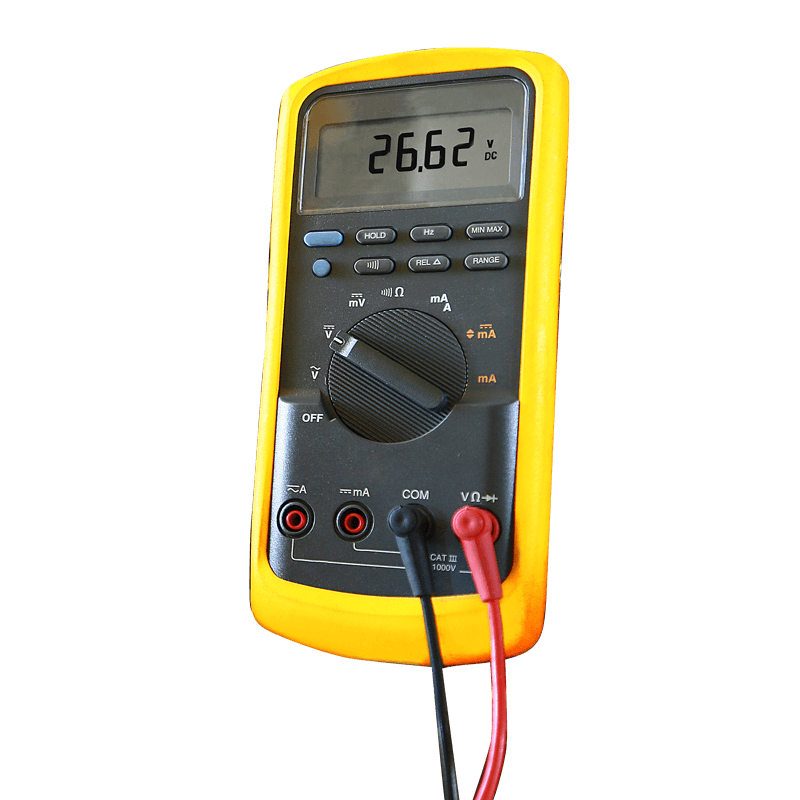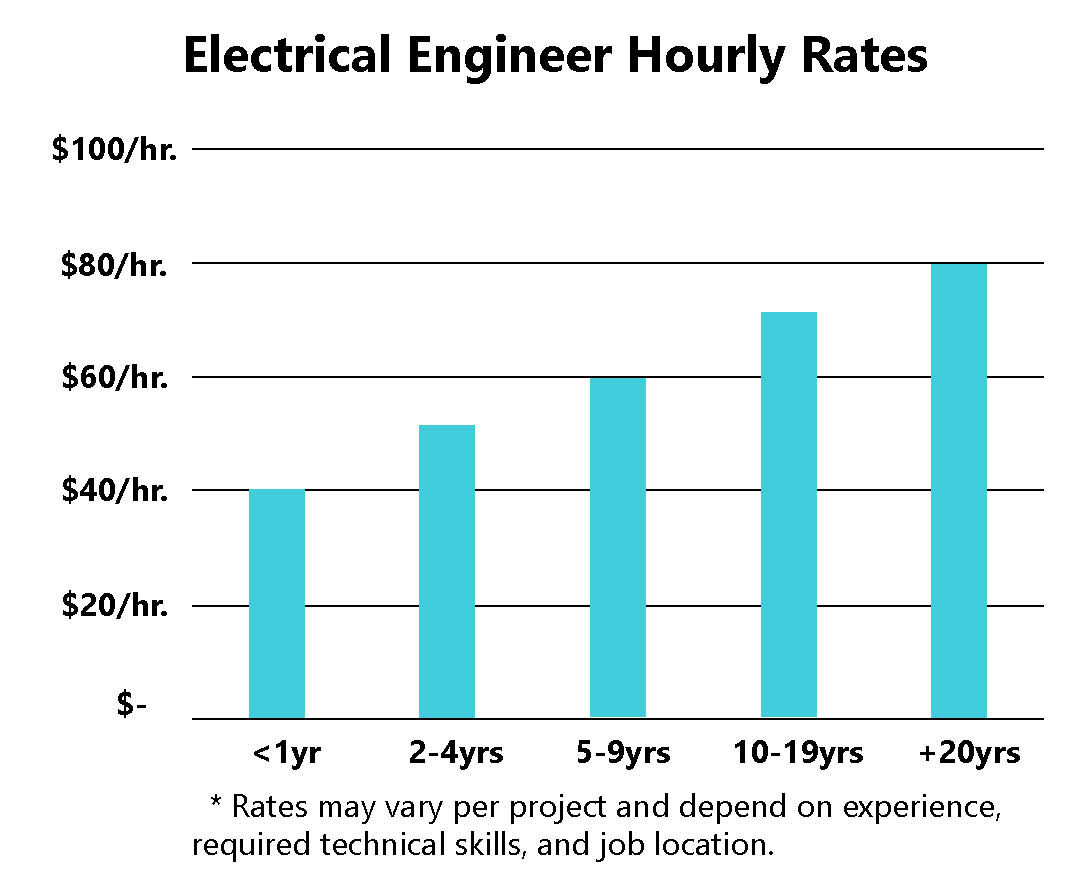welcome to joiner CAREERS
Electrical Engineering Jobs
Find electrical engineering jobs for industrial contract engineers. The electrical engineer will utilize their expertise to design and develop wiring processes, troubleshoot electrical issues, and ensure the system or product is efficient and safe.
As a contract electrical engineer, you will have the opportunity to work on various electrical products and with various clients. Contract work can offer greater flexibility than traditional electrical engineering roles.
Contract Electrical Engineering Jobs
We provide our self-employed contract electrical engineers a place to highlight their technical skills. Electrical engineering is essential in the technical drawings, building, and manufacturing process of electrical equipment, devices, and any electrical system. Therefore, an electrical engineer must understand electrical components, control systems, or any electronic device.
Electrical Engineering Educational Requirements:
Find more work with the JOINER Services platform, and expand your network as a self-employed electrical engineer.
4-YEAR BACHELOR’S DEGREE
- Electrical Engineering
- Electronics Engineering
- Mechanical Engineering
- Computer Engineering
2-YEAR ASSOCIATE DEGREE
- Electrical Engineering
- Electronics Engineering
- Mechanical Engineering
- Computer Engineering
PROFESSIONAL CERTIFICATION
- Institute of Electrical and Electronics Engineers
- International Electrical Testing Association
Find contract electrical engineer jobs!

Electrical engineers play a vital role in manufacturing because of complex electrical components
Primary electrical project duties often include:
- Concept and development
- Create technical drawings of schematics or prints
- Working with electrical components
- Build electronic control panels or wire cabinets
- Create an electrical system or electronic device
- Supplying power to equipment
- Read and interpret blueprints or technical drawings
- Establish communications between PLC and automation devices
- Troubleshooting or debugging client equipment
- Verify safety standards
- Testing equipment
- Validate electrical components and communications systems
As a contract electrical engineer, you must be very hands-on with your work, as customer projects are often quite demanding.
Electrical Engineering Career Path:
CONCEPT AND ELECTRICAL DESIGN
Electrical engineers design the drawings or schematics and ensure they meet electrical codes. A contract electrical engineer can also develop an electrical system, equipment, or electronic device. They must be creative when they design new concepts and find better or more efficient ways to produce and distribute electrical power.
ELECTRICAL SAFETY
Electrical engineer works with their hands on their projects; therefore, they need to be extremely cautious, especially when working with dangerous voltage and amperage levels. Nevertheless, these engineers respect electrical power to keep themselves and others safe. Whenever working on electrical systems, it is crucial that power is off and systems are de-energized before starting work.
ELECTRICAL VALIDATION
Often electrical engineers will be responsible for the control systems performance testing and qualifications of any electronic device, electronic components, or electrical system. Any electrical equipment is under the direct supervision of the on-site electrical engineer. All electrical equipment must be validated, which can be a time-consuming task, which often a contract electrical engineer can help a client complete quickly.
ELECRICAL TROUBLESHOOTING
These engineers will fix or repair any electrical issue that may emerge. Troubleshooting an electrical system is often tricky if other electrical components need to be appropriately labeled. However, troubleshooting electrical components is a skill usually mastered after years of work experience, on many projects, during one’s career in electrical engineering. Contract engineers must understand signal processing and the power systems of their client’s equipment.
ELECTRICAL CODES AND STANDARDS
Electrical engineering professionals must ensure all electrical parts meet electric codes and client specifications when manufacturing. This ensures that the systems and products are safe and also operational. These engineers develop electrical components, electronic devices, and electrical systems to meet all safety regulations. One of the main parts of an electrical engineering job is understanding customer specifications and reading electrical code books, then interpreting them onto the products.

Learn about electrical engineering jobs.
Watch this video!
OUR ELECTRICAL ENGINEER RATES
As the world becomes more electrified, the demand for electrical engineers will continue to grow, and so will the salary.
Those with work experience with multiple electrical devices, controls, or systems, can earn a much better rate than other electrical engineering professionals.
A senior electrical engineer is expected to lead an electrical team and have a broad knowledge base of electronics, which will allow them to have a higher average salary.
Contract electrical engineers will find that hourly rates vary per project and depend on experience, the specific electrical skill required, and location.
The average electrical engineer’s salary is around $85,000.
Find out why electrical engineering jobs are a great choice!

Expectations As An Electrical Engineer:
ELECTRICAL ANALYSIS
Electrical engineering requires one to correctly examine all electrical components or products for a client. In addition, the engineer must review the electronic equipment and control systems, ensuring they function without fault. A contractor with electrical engineering knowledge is expected to be able to analyze all electrical components and provide electrical solutions for the problems.
ELECTRICAL DIAGNOSTICS
Debugging electronic equipment and establishing communications are essential in their day-to-day operations. As a part of the diagnostics, the contract electrical engineer must use their prior work experience to troubleshoot electrical power systems. Determining where electrical power failures have occurred, then finding a solution is why electrical engineering experts are paid a great wage.
ELECTRICAL DOCUMENTATION
It is important to keep client records updated and document any changes to technical drawings. These engineers often work with software engineers to adjust the hardware or software configuration. A contract electrical engineering job description will include keeping and recording a client’s electrical documentation. It is critical that proper records of these changes are documented, which will later help with any troubleshooting or future diagnostic tests.
ELECTRICAL SOFTWARE
Having some software engineering knowledge and the ability to learn new software programs is essential. This skill should be understood when working with a PLC control system or design modeling software. A software engineer and an electrical engineer are often grouped because each electronic process cannot function without the other. Hence, as a contractor, it is important to understand multiple types of programmable software.
ELECTRO MECHANICAL SYSTEMS
A good understanding of general mechanical or manufacturing systems will help any engineer become a more well-rounded expert. Working with a mechanical engineer is common when using any power electronics, as the electrical and mechanical components must work together in the system. Like software, a contract engineer must be a mechanical engineer at times because of how their projects intertwine with actual products.
